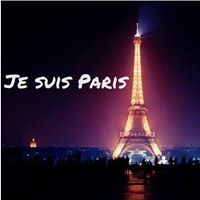Which three countries have monarchies as their systems of government?
A monarchy is a form of government in which a person, the monarch, is head of state for life or until abdication. The political legitimacy and authority of the monarch may vary from restricted and largely symbolic (constitutional monarchy), to fully autocratic (absolute monarchy), and can expand across the domains of the executive, legislative, and judicial. Monarchies form polities by being ruled by the monarch in unity, personal union, federation or vassalage, and as such monarchs can carry various titles such as emperor, king, queen, raja, khan, caliph, tsar, sultan, shah, chhatrapati, or pharaoh.
The succession of monarchs is in most cases hereditary, often building dynastic periods, however elective and self-proclaimed monarchies are possible.
Monarchies were the most common form of government until the 20th century. Today forty-four sovereign nations in the world have a monarch. Modern monarchies tend to be constitutional monarchies, retaining under a constitution unique legal and ceremonial roles for the monarch, exercising limited or no political power, similar to heads of state in a parliamentary republic.
The opposing and alternative form of government to monarchy has become the republic.
The United Kingdom of Great Britain and Northern Ireland (Queen Elizabeth II), Japan (Emperor Naruhito) and the Kingdom of Saudi Arabia (King Salman bin Abdulaziz Al Saud) have monarchies as their systems of government.
More Info:
en.wikipedia.org









